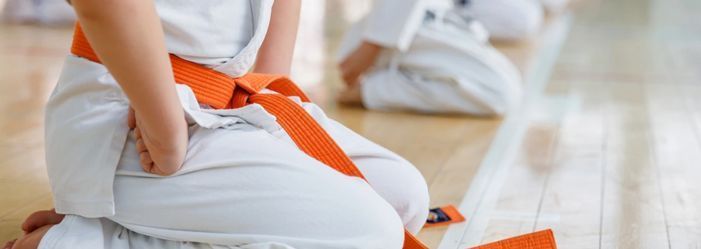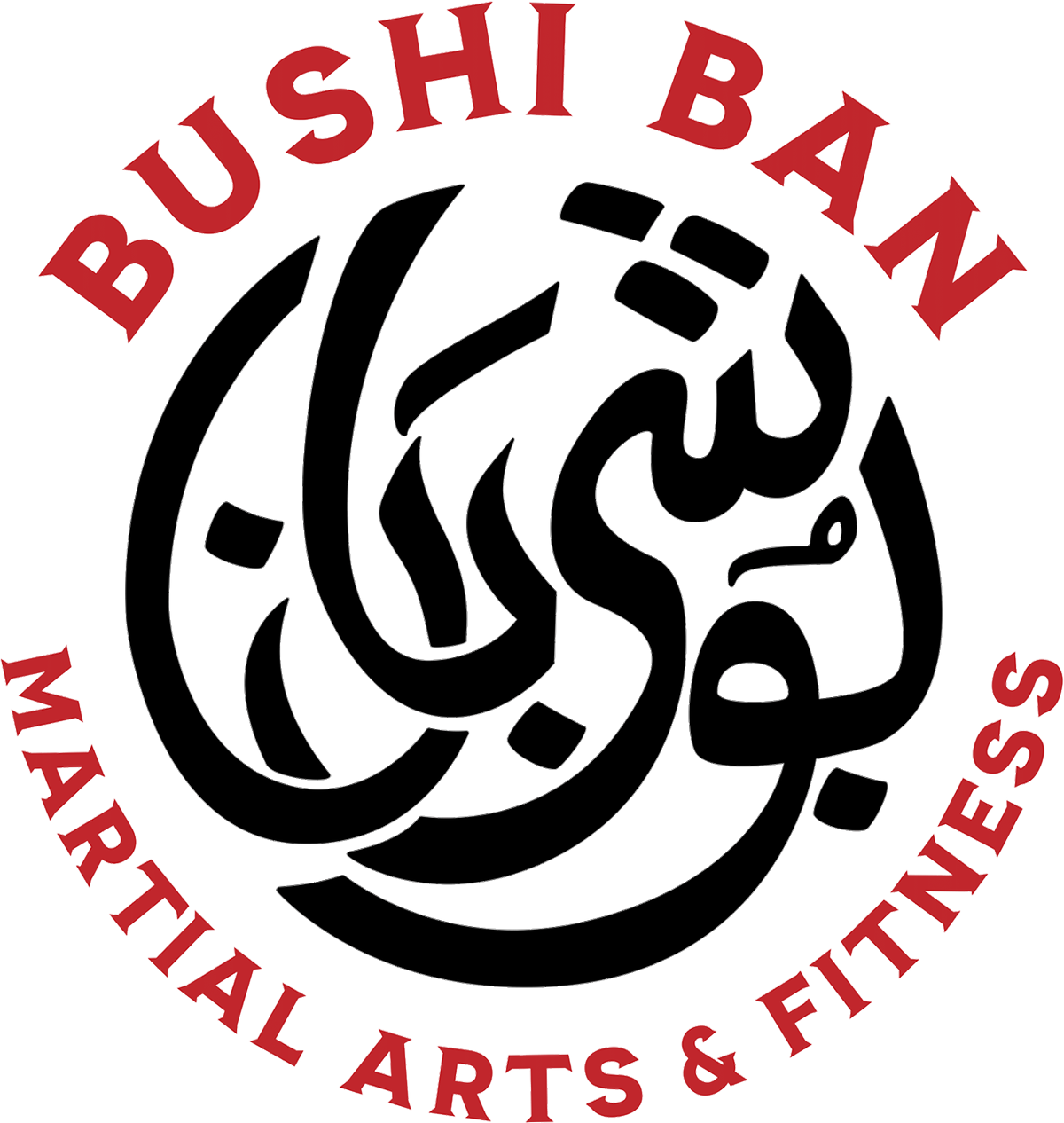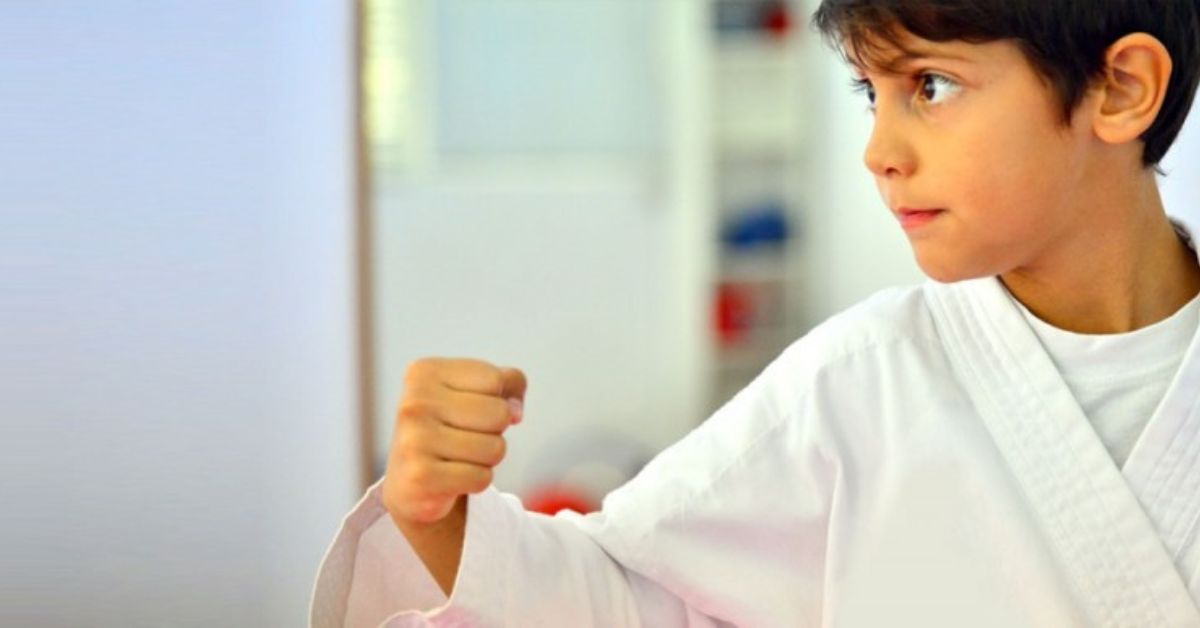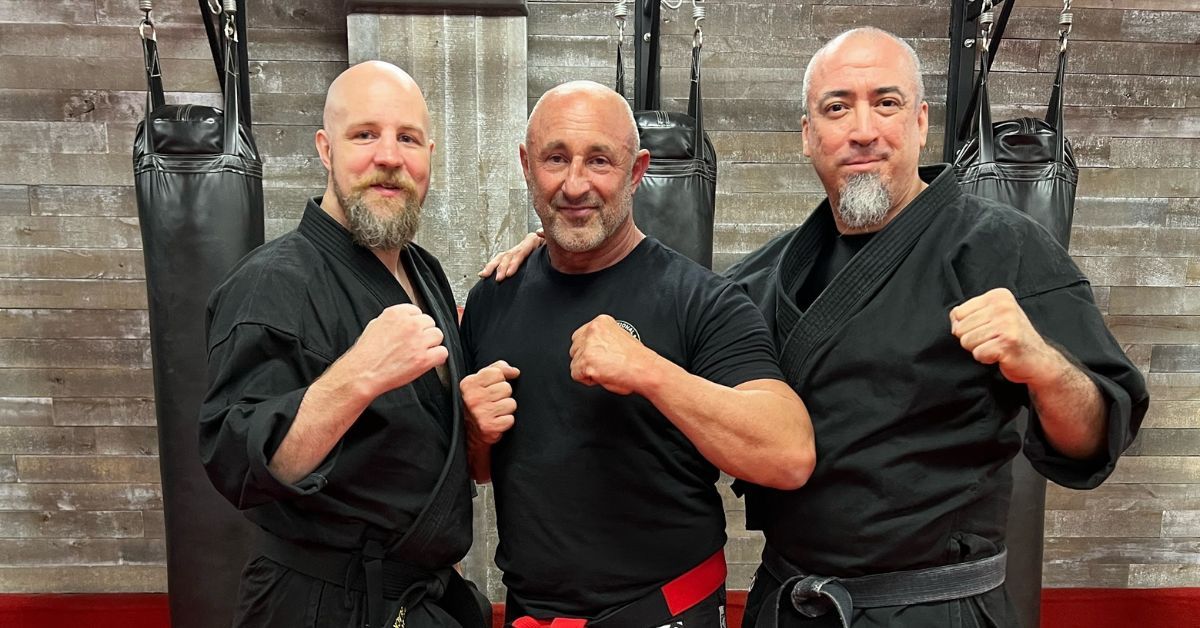How to Choose the Best Self-Defense Classes for Beginners

The First Step Toward Empowerment
Picture this, you’re walking into one of the best self-defense classes for beginners, feeling confident that you’ve made the right choice to protect yourself. You’ve chosen a place that fits your needs, one that will teach you how to stay safe and maybe even enjoy the process. But let’s be real—it wasn’t easy to get to this point. The options out there are overwhelming, and finding the right class can feel like navigating a maze.
This article is here to simplify that process for you. By the time you’re done reading, you’ll know exactly what to look for ensuring you've found the best self-defense classes for beginners. You’ll feel empowered to make the best decision for your needs, whether you’re new to self-defense or ready to take your skills to the next level.
1. Define Your Goals: Start with Your "Why"
Before you dive into the details of class formats and instructors, take a step back and ask yourself one crucial question: Why are you interested in self-defense?
Your “why” matters more than you might think. Are you looking for practical techniques to protect yourself in real-life situations? Or are you interested in a more structured, martial-arts-based approach that blends fitness and discipline? Understanding your motivation will help guide your decision as you search for the best self-defense classes for beginners.
For example, I’ve seen students come into beginner self-defense classes with all sorts of goals. One woman I trained with had just gone through a scary experience in a parking lot and wanted to feel more secure in her day-to-day life. Another man was simply looking for a new way to stay in shape. Their goals were different, and as a result, the best class for each of them was different, too.
So, take a moment to get clear on your “why.” This will act as your compass as you navigate the options.
2. Evaluate Class Formats: What’s the Best Learning Environment for You?
Now that you know your goals, it’s time to think about how you want to learn. Do you thrive in a group setting, or do you prefer personalized instruction? There’s no right or wrong answer here—just the right format for you as a beginner seeking the best self-defense classes.
Personalized Instruction: If you’re someone who likes one-on-one attention, private lessons might be a great fit. You’ll get individualized feedback and progress at your own pace. I’ve had students who really flourished in this setting because they needed that extra attention to feel confident in their skills.
Group Classes: On the other hand, group classes can be incredibly motivating. You’re surrounded by peers who are on the same journey, which creates a sense of camaraderie. Plus, you’ll have the chance to practice with different partners, which is valuable for learning to adapt to various situations. I’ve always enjoyed teaching group classes because the energy is contagious—everyone lifts each other up.
3. Research the Instructors’ Credentials: Expertise Matters
You wouldn’t trust just anyone to teach you how to defend yourself, would you? The credentials and experience of the instructor play a massive role in the quality of your training, especially when choosing the best self-defense classes for beginners.
Continuing Education and Dedication to Growth: A black belt is a great achievement, but what truly sets an instructor apart, is their commitment to ongoing education and training. Look for someone who actively seeks out new learning opportunities, whether it's advanced certifications, seminars, or specialized training programs. An instructor who is continually improving their own skills and knowledge demonstrates a dedication to staying at the forefront of the self-defense world. This ongoing pursuit of growth adds a layer of credibility that goes beyond just past achievements—it shows they are committed to providing the best possible training for their students.
Teaching Style: Pay attention to the instructor’s teaching style. Are they approachable? Do they explain things in a way that makes sense to you? A great instructor isn’t just skilled—they’re also someone who can communicate effectively, breaking down complex techniques into digestible steps. I’ve seen plenty of talented martial artists who just didn’t have the knack for teaching. Make sure your instructor can do both.
When I started training in self-defense, I found that the best instructors were the ones who made the material relatable. They didn’t just show me a technique—they told me *why* it worked and *how* I could use it in my everyday life. That’s the kind of teaching you want to look for in the best self-defense classes for beginners.
4. Assess the Curriculum: Practicality is Key
Not all self-defense classes are created equal. Some focus heavily on traditional martial arts, while others prioritize real-world application. You want a curriculum that fits your goals and provides practical, actionable skills—especially if you’re seeking the best self-defense classes for beginners.
Comprehensive and Practical: Look for a class that covers more than just physical techniques. Self-defense is about situational awareness, conflict de-escalation, and understanding the psychology of an attacker. A well-rounded curriculum should teach you how to avoid dangerous situations in the first place and how to defend yourself if avoidance isn’t possible.
Tailored to Your Life: Consider whether the curriculum aligns with your day-to-day life. Will it teach you how to defend yourself in the environments you frequent, like parking lots, public transportation, or even your home? The techniques you learn should be applicable to the situations you’re most likely to encounter.
I once had a student, a nurse, who worked late-night shifts and often walked through dimly lit parking garages. We tailored her training to focus on situations she might face during her commutes—quick, effective techniques she could use if someone approached her in that setting. That’s the kind of personalization you want to look for in the best self-defense classes for beginners.
5. Prioritize Real-World Application: Is It Street-Effective?
When choosing the best self-defense classes for beginners, remember that you’re not training for a movie fight scene—you’re training for real life. Flashy moves might look cool, but they won’t help you when it counts. Instead, look for classes that focus on realistic scenarios and practical techniques.
Is It Street-Effective? Your training should prepare you for real-life situations. Can you perform the techniques under pressure? Will they work against an opponent who’s bigger or stronger than you? Look for classes that emphasize simplicity and effectiveness over complexity and showmanship.
Sparring and Drills: Ask how often students practice in real-world simulations. Sparring, controlled resistance, and situational drills are crucial for building confidence and competence in high-pressure situations. If your class never moves beyond cooperative drills, you might be missing out on the most important aspect of training—learning to apply the techniques under stress.
I remember my first time sparring—it was a humbling experience. Techniques that worked perfectly in drills suddenly became much harder to execute when faced with a resisting opponent. But that’s exactly why sparring is so valuable. It teaches you to adapt and react in real time, which is what self-defense is all about.
6. Consider the Community: You’re Not Alone
Training in the best self-defense classes for beginners isn’t just about learning techniques—it’s about becoming part of a community. The people you train with can have a huge impact on your experience, so it’s worth considering the vibe of the class.
Supportive Environment: A class is more than just the curriculum—it’s the people. Does the community feel supportive? Are the students and instructors approachable and encouraging? You want to train in an environment where you feel safe to ask questions, make mistakes, and grow. The best self-defense classes for beginners should make you feel empowered, not judged.
Networking and Growth: A strong sense of community can also help keep you motivated. I’ve seen students develop lasting friendships through self-defense classes, and those connections can be a big part of what keeps you coming back week after week. Look for a class that fosters not just skill development, but also camaraderie.
7. Test It Out: Take a Trial Class Before Committing
You wouldn’t buy a car without taking it for a test drive, right? The same principle applies to finding the best self-defense classes for beginners. Most schools offer trial classes—take advantage of them to see if it’s a good fit.
Evaluate Your Comfort Level: During the trial class, pay attention to how you feel. Were you comfortable? Did the class make you feel empowered? Did the instructor explain things in a way that resonated with you? Trust your gut here. Your comfort and sense of empowerment are just as important as the techniques you’re learning.
I once took a trial class at a new gym, and while the instructor was skilled, I didn’t feel a connection with the community. The vibe just wasn’t right for me, so I kept looking until I found a place that felt like home. Don’t be afraid to try out a few different options until you find the one that clicks.
Make Your Decision with Confidence
Choosing the best self-defense classes for beginners isn’t just about finding a place to learn how to throw a punch—it’s about finding a place where you can build confidence, stay safe, and maybe even have some fun along the way.
By defining your goals, evaluating the format and curriculum, researching the instructors, and testing out a class, you’ll be well on your way to making an informed decision. And remember, the most important thing is to take that first step. Once you’ve started, you’ll find that the journey was totally worth it.
We can't wait to get you started on your martial arts journey.
Sensei Kailer
Quick Links
Contact Us
Find Us
© Made With Love by Winterbourne


